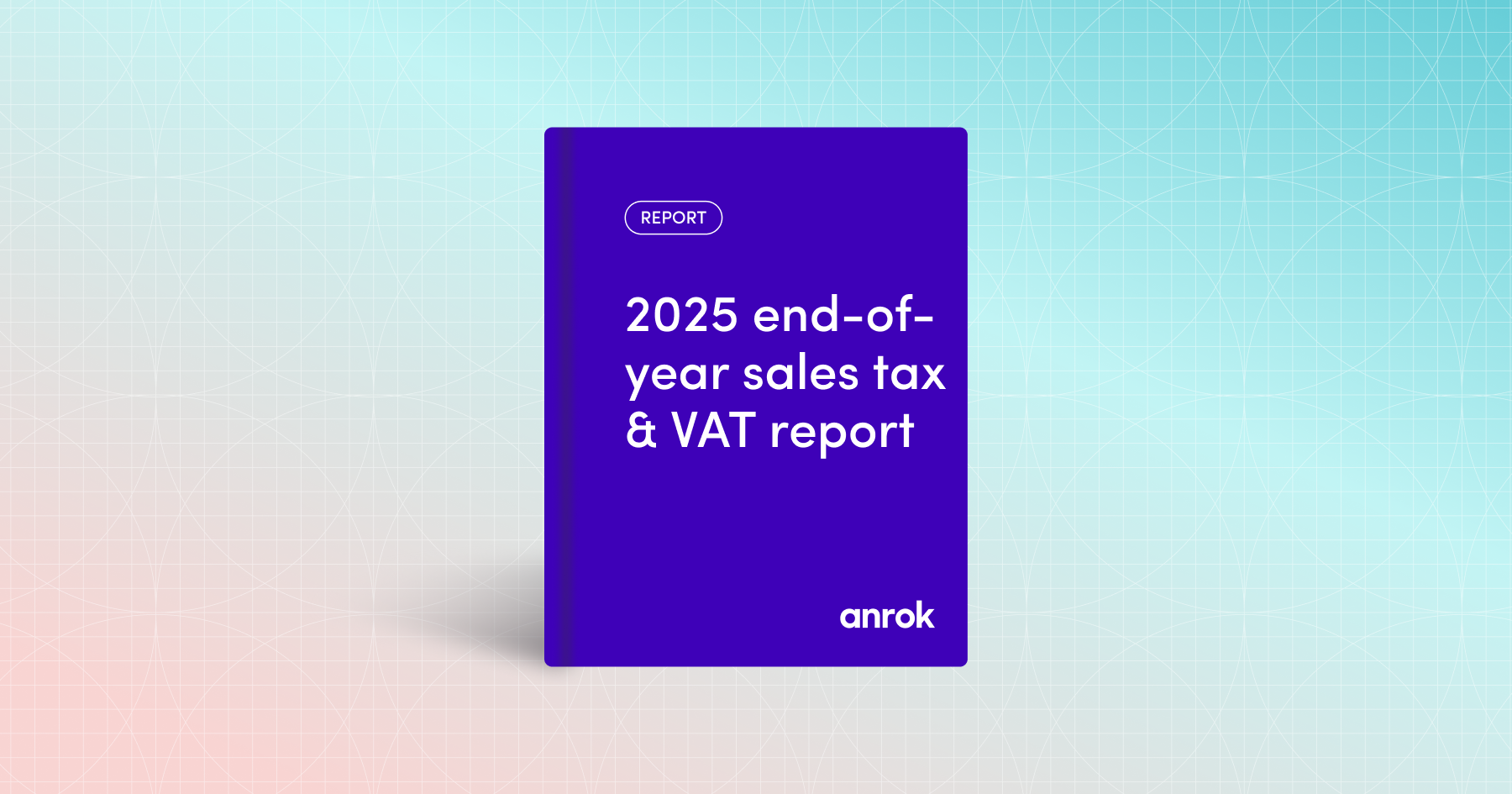Home rule in Colorado
In Colorado, 97 municipalities have adopted home rule charters. This list includes major metropolitan areas like Denver, Boulder, and Colorado Springs. Only 71 of these home rule municipalities are interesting from a sales tax perspective, as they have elected to have separate tax codes from the state.
In regards to sales tax, a major difference between Colorado home rule municipalities and other cities and towns is that the state collects local sales taxes on behalf of non-home rule cities, whose sales tax rules adhere to state sales tax guidelines, while home rule cities are responsible for collecting local sales taxes themselves.
One of the benefits for home rule municipalities of collecting sales tax themselves is that they can adopt tax rules that differ from state rules. And a number of these cities have decided to tax SaaS sales, even though the state does not.
For example, Denver subjects SaaS sales that meet certain criteria to its typical retail sales tax rate of 4.31%. And while the sale, storage, use, distribution, or consumption of the software product must occur in Denver to make the transaction taxable, “the delivery method for acquiring or using software does not affect its taxability,” according to the local tax authority. This means that Denver local tax is just as applicable to SaaS delivered via the cloud as it is to “canned” software delivered on a CD.
An interesting development in Colorado is that some municipalities have banded together to form SUTS, the Colorado Sales & Use Tax System. The institution allows sellers to remit sales tax for some home rule municipalities in one online portal. Perhaps recognizing the value of conformity, most participants in SUTS have also chosen to adopt the state’s economic nexus requirements. That is, if a seller hits economic nexus in the state of Colorado, the nexus also applies in the home rule jurisdiction even though the jurisdiction has its own tax code.
How can SaaS companies manage the complexities of home rule?
With home rule in place, accountants for SaaS companies must not only keep abreast of state tax rules, which change often and can be complicated, and track where the company has nexus, which is also a constantly moving target. They also must know which local jurisdictions have their own rules that apply to sales in those areas.
It’s enough to make anyone trying to keep track of a SaaS company’s tax liability throw their hands up and head for the exits.
But don’t despair. While the advancement of technology has made taxation increasingly complicated as retail sales move to digital and non-tangible formats, it has also provided tools to manage that complexity. Companies with complex sales tax management requirements can automate much of this process — and in fact, at a certain point really must automate it or risk introducing far too many errors as accountants inevitably get overwhelmed by changing details. This is particularly important for SaaS companies because newer products like software tend to be the controversial ones that differ in taxability to that of the state.
Anrok is designed to provide the reliable, automated sales tax monitoring, calculation, and remittance that SaaS companies need to stay compliant in this complex, ever-changing tax landscape. The platform accounts for edge cases like home rule jurisdictions that impact SaaS so you don’t have to.





%20(1).webp)
